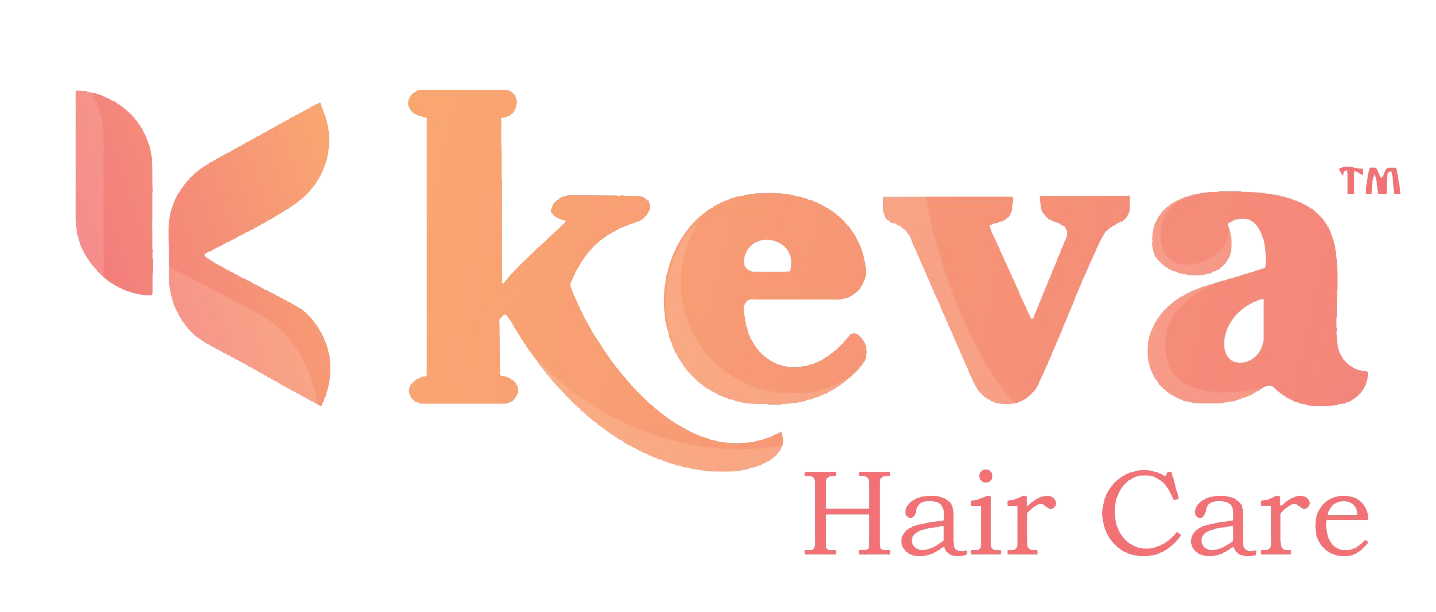GFC vs PRP Treatment in Coimbatore: Which One is More Effective?
Hair loss is a common concern affecting both men and women. With advancements in medical science, several hair restoration treatments have emerged, among which PRP (Platelet-Rich Plasma) and GFC (Growth Factor Concentrate) are the most popular. If you are looking for the best hair treatment in Coimbatore, understanding the differences between these two can help you make an informed decision.
At Keva Hair Care, the best hair clinic in Coimbatore, we offer both PRP and GFC treatments to help you regain healthy hair. In this blog, we will compare PRP and GFC treatments based on their effectiveness, procedure, benefits, and suitability.
What is PRP (Platelet-Rich Plasma) Therapy?
PRP therapy is a non-surgical treatment that uses the patient’s own blood to stimulate hair growth. It involves the extraction of platelet-rich plasma from the blood, which is then injected into the scalp to enhance hair follicle strength and regeneration.
How PRP Works:
- A small amount of blood is drawn from the patient.
- The blood is processed in a centrifuge to separate platelet-rich plasma.
- The PRP is injected into the scalp, targeting areas with hair thinning or loss.
- Growth factors in the plasma stimulate hair follicles, improving hair density and strength.
Benefits of PRP Treatment:
- Uses natural growth factors from the patient’s blood
- Boosts hair growth and scalp health
- Minimally invasive with little downtime
- Improves hair thickness and reduces shedding
What is GFC (Growth Factor Concentrate) Therapy?
GFC therapy is an advanced version of hair PRP treatment. It involves a more refined process to extract highly concentrated growth factors from the patient’s blood, ensuring better results in hair restoration.
How GFC Works:
- Blood is drawn from the patient.
- A special technique is used to extract high-purity growth factors from platelets.
- The concentrated growth factors are injected into the scalp.
- The growth factors promote cell regeneration, improving hair density and scalp health.
Benefits of GFC Treatment:
- Contains a higher concentration of growth factors than PRP
- More effective in stimulating hair regrowth
- Painless procedure with minimal discomfort
- Faster and long-lasting results
PRP vs GFC: Key Differences
| Feature | PRP Treatment | GFC Treatment |
| Extraction Process | Platelet-rich plasma from blood | Pure growth factors extracted from blood |
| Growth Factor Concentration | Moderate | High |
| Effectiveness | Effective for hair growth | More effective due to higher concentration |
| Pain & Discomfort | Mild discomfort | Less pain compared to PRP |
| Recovery Time | Quick recovery | Faster recovery with minimal side effects |
| Number of Sessions | Requires multiple sessions | Requires fewer sessions for better results |
Which Treatment is More Effective?
Both PRP and GFC treatment are highly effective in treating hair loss. However, GFC therapy offers better results due to its high concentration of growth factors, which directly stimulate hair follicle regeneration. It also requires fewer sessions and causes less discomfort compared to PRP therapy.
At Keva Hair Care, we recommend GFC therapy for individuals looking for a more advanced and long-lasting hair restoration solution. However, PRP remains a great option for those who want a natural and effective hair growth treatment.
Which One Should You Choose?
- Choose PRP if: You are looking for a natural hair regrowth treatment and don’t mind multiple sessions.
- Choose GFC if: You want a faster and more effective treatment with higher growth factor concentration.
Conclusion
If you are struggling with hair loss and looking for the best hair treatment in Coimbatore, both PRP and GFC therapies can be excellent choices. At Keva Hair Clinic, our expert trichologists will assess your hair condition and recommend the most suitable treatment for you.
Book your consultation with Keva Hair Care today and take the first step towards healthier, fuller hair!
blog
Related articles

Hair Care Tips for Different Seasons

Ultimate Guide to Choosing the Right Shampoo for Your Hair Type


